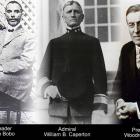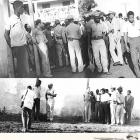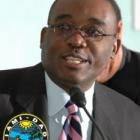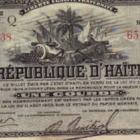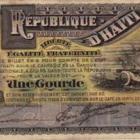ADVERTISEMENT
Prince Jacques-Victor
Prince Jacques-Victor, Son of Henri Christophe
Here is a picture of Prince Jacques-Victor who is the Son of Emperor Henri Christophe.
His parents were slaves who were brought with thousands of other West Africans to work in the sugar industry in Grenada, run by the fierce and gritty English. His determined revolutionary nature had deep roots in his African ancestry. In any event, he reached Haiti sometime in his teens and started his career as an assistant cook in a hotel in the neighborhood of Petite Anse. During his life he has worked as a mason, billiard-marker, waiter, sailor and stable-hand. In 1779, he enlisted himself in the French force to participate in the War of American Independence and served as a drummer boy with a regiment described as gens de couleur. He was married to Marie-Louise Coidavid and had four children, of whom, his son Franz Ferdinand later died of hunger in the House of Orphans in Paris.
Henry Christophe was a leader in the war of Haitian independence (1791-1804) and later the president (1807-11) and self-proclaimed King Henry I (1811-20) of northern Haiti. He took his responsibility seriously and declared Catholicism as the official religion, although other beliefs would be tolerated. He was determined to improve all aspects of life in the northern province. Some of his major concerns were the defense of his country from internal and external aggression, education, creation of a first black kingdom in the western hemisphere. On March 28, 1811, he declared Haiti a kingdom, and proclaimed himself as "King Henri I". He offered Alexandre Petion, the ruler of the south, to absorb into his kingdom, but Petion never accepted till his death in 1818. He built a huge fortress "la Ferriere," (the blacksmith's pouch), on a mountain peak overlooking the Le Cap harbor. During his reign, Christophe introduced a monetary system based on gourds (predecessor to the current money). In 1820, when he was paralyzed by a stroke, could not face a revolt that spread with the news of his infirmities. He committed suicide on October 6, 1820.

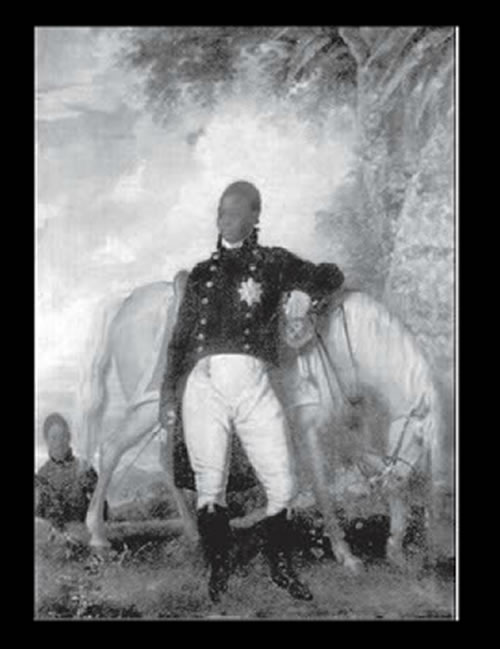
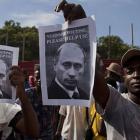 Haitian protesters called on Russian President Vladimir Putin...
Haitian protesters called on Russian President Vladimir Putin... 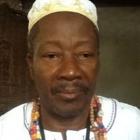 Ougan Alcenat Zamor eli nouvo Nasyonal ati
Ougan Alcenat Zamor eli nouvo Nasyonal ati  Who will be the next president of Haiti?
Who will be the next president of Haiti?  Port-au-Prince on fire over gas prices hike
Port-au-Prince on fire over gas prices hike 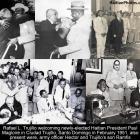 Rafael L. Trujillo welcoming Paul Magloire in Santo Domingo
Rafael L. Trujillo welcoming Paul Magloire in Santo Domingo  Dr. Henri Ford, First Haitian Dean At University of Miami Med...
Dr. Henri Ford, First Haitian Dean At University of Miami Med...  Commissioner Frantz Pierre indicted for accepting bribes
Commissioner Frantz Pierre indicted for accepting bribes  Jovenel Moïse nominated Jean Henry Céant as prime minister of...
Jovenel Moïse nominated Jean Henry Céant as prime minister of... 